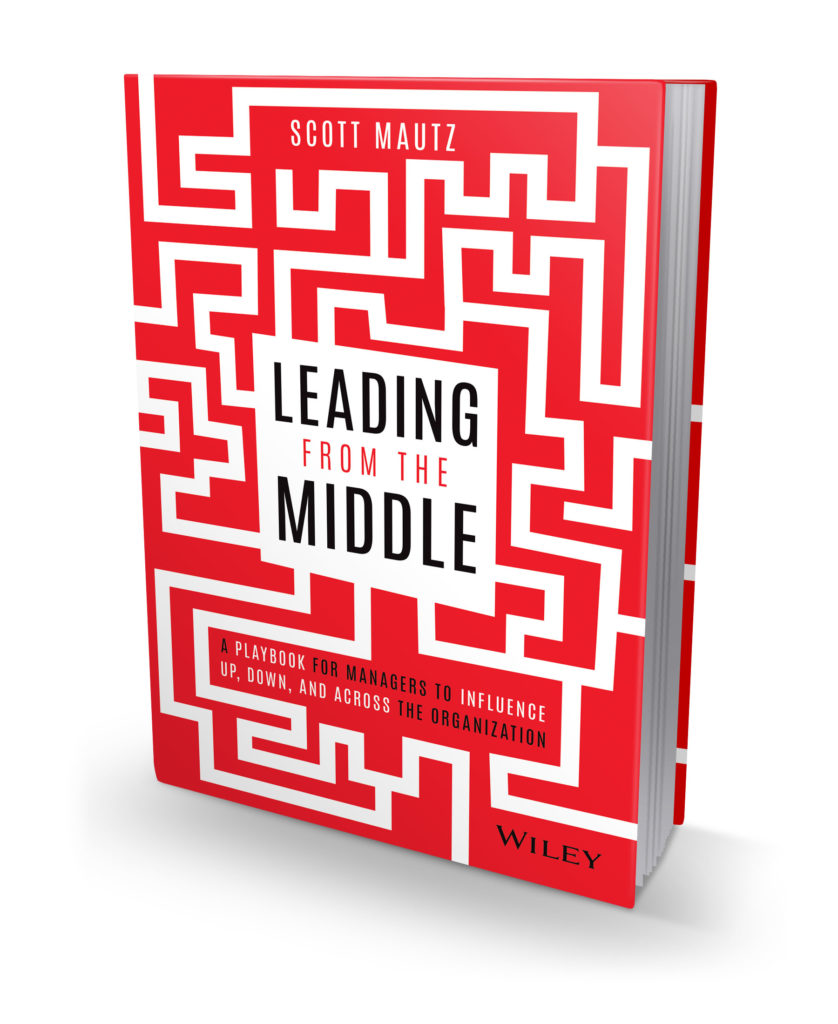
We all face high-pressure situations; a big presentation or meeting, a huge sales call, an important performance or big game, a key investor pitch. No matter how good you are or how much you’ve prepared, that quiet little voice can pop up and make you wonder, “Is this the time I choke?”
It’s a natural feeling but naturally, not one I want you to succumb to. Cognitive scientist Sian Leah Beilock set out to understand why we choke under pressure and what we can do to avoid it. Most of us believe we crack because despite how deeply we’re concentrating, our worry overwhelms us. We’re worried about failing in that situation, about the consequences of doing so, and about what others will think of us.
But, surprisingly, Beilock says it’s actually our concentration that gets in the way. More specifically, in high-pressure situations we tend to intensely focus on the details of what we’re doing–but they’re details that are much better left to autopilot or outside the conscious awareness.
Here’s Beilock’s TED talk where she describes this phenomenon.
In her talk, Beilock describes an experiment she and her team ran with soccer players where they asked the athletes to focus on which side of their foot was hitting the ball as they were dribbling. Focusing on the step by step detail caused much slower, error prone performance. Beilock reinforced this phenomenon by citing former NBA star Tim Duncan who said “When you have to stop and think, that’s when you mess up.”
So this reality begs the question of how do you get your brain unhooked from focusing on the detail that will screw you up under pressure? (What Beilock calls “overattention”)
The cognitive scientist suggests three methods. As a professional keynote speaker that has been in many high-stakes situations, I’ve found all of these tactics to be helpful.
1. Switch from minutiae to mindless.
Beilock says pro golfer Jack Nicklaus would focus on what his pinky toe was doing to take his mind off of all the step by step details of his swing. When I come on stage to a particularly giant crowd I focus on the energy in the room and visualize an image of me feeding that energy.
You can focus on whatever you want in the moment–the key is to take your mind off the details of what you’re trying to do. If you’re prepared, the details will flow forth as you relax. Muscle memory applies to the largest muscle we have too, our brain.
2. Practice as you’ll perform.
The more you can practice under the conditions you’ll perform (or in as close proximity as you can muster), the more that familiarity helps you to relax. The brain wants to fill in what it doesn’t know. And when you aren’t familiar with the conditions in which you’ll be performing, it’s yet another thing for your brain to derail itself on.
So practice that big talk or pitch in front of others or close that book while studying for the test.
3. Download before you dial it up.
Before your big event, Beilock suggests a research-backed, time-tested tactic–journaling. Simply writing down your thoughts or worries in advance makes it less likely these random worries will suddenly pop up as you’re in mid-performance.
The idea here is to understand that it’s not just about learning the material to prevent choking under pressure, but learning how to overcome self-doubt when it matters most.
So, pay less attention to minute details during that key performance and more attention to the suggestions in this article. You’ll turn that choke into triumph.
EXCITING NEWS – You can now pre-order my new book!

Leading from the Middle: A Playbook for Managers to Influence Up, Down, and Across the Organization (publication date is May 18th, 2021). Order here https://amzn.to/3as5tK8 OR… Get a massive BONUS BUNDLE by ordering 5 or more copies here: http://lftm.bulkbooks.com/ Check out a detailed book description here: https://bit.ly/2MLe5Do




Leave a Reply